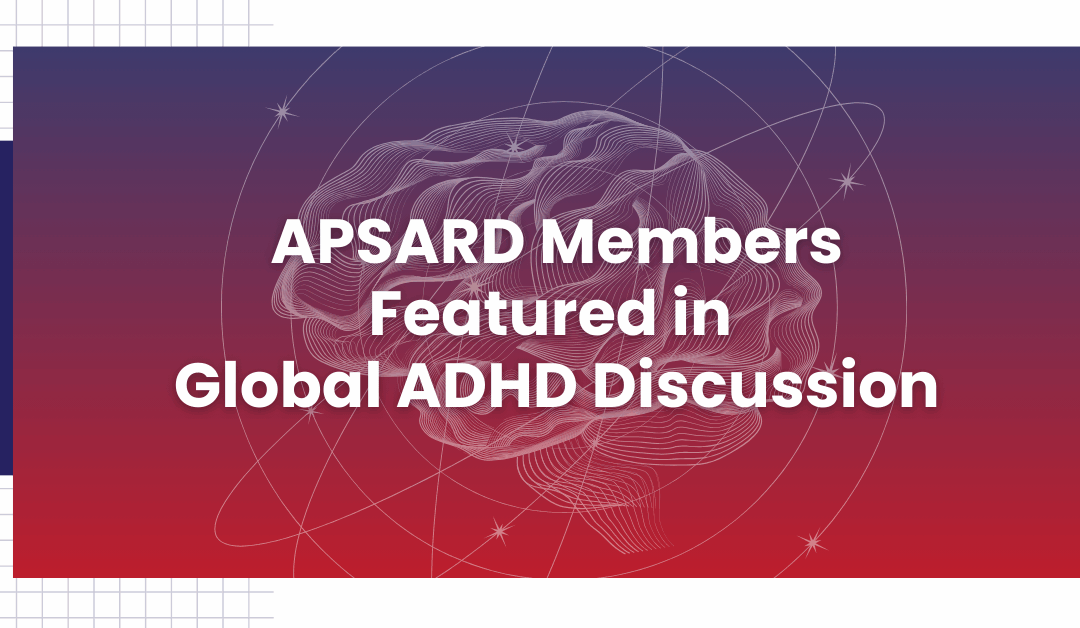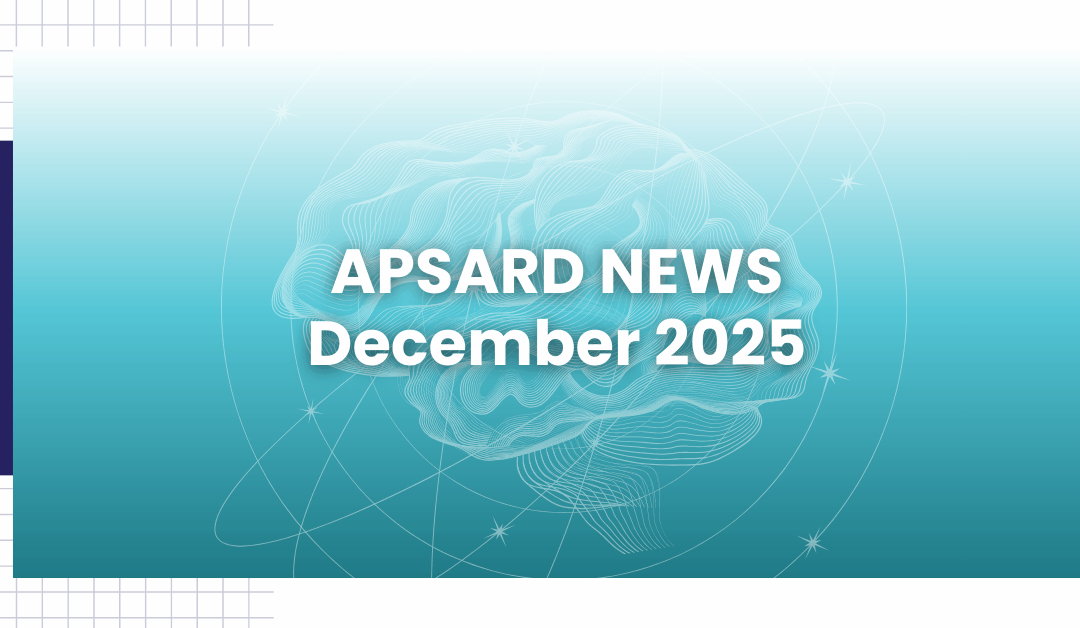
APSARD Newsletter December 2025
The APSARD September 2025 Newsletter is now available! Click the button below to access.

The APSARD September 2025 Newsletter is now available! Click the button below to access.
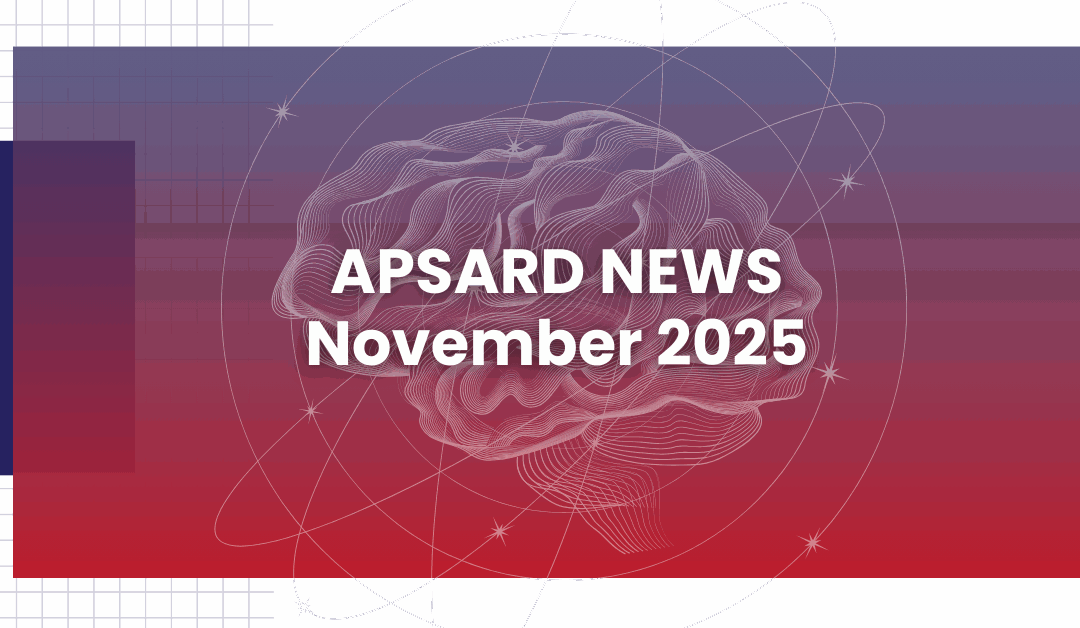
The APSARD November 2025 Newsletter is now available! Click the button below to access.
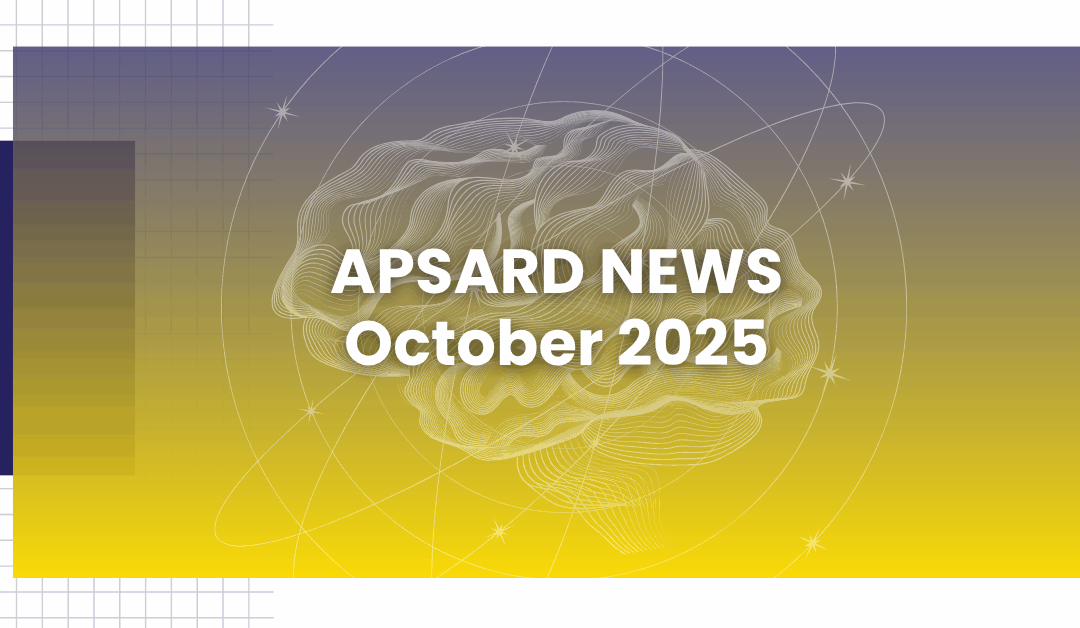
The APSARD September 2025 Newsletter is now available! Click the button below to access.
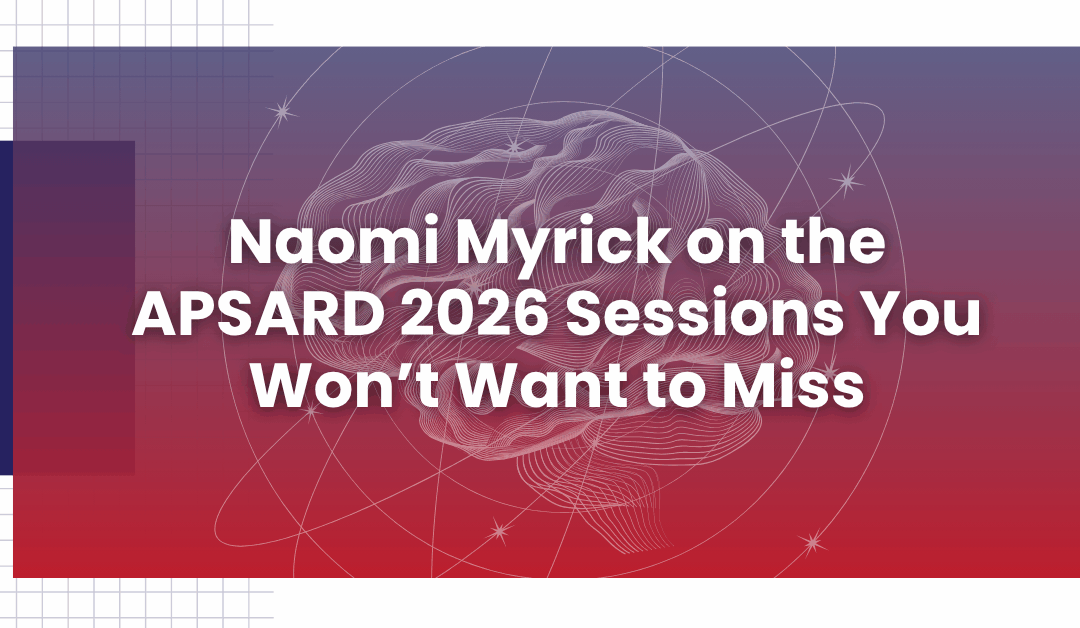

The APSARD September 2025 Newsletter is now available! Click the button below to access.
